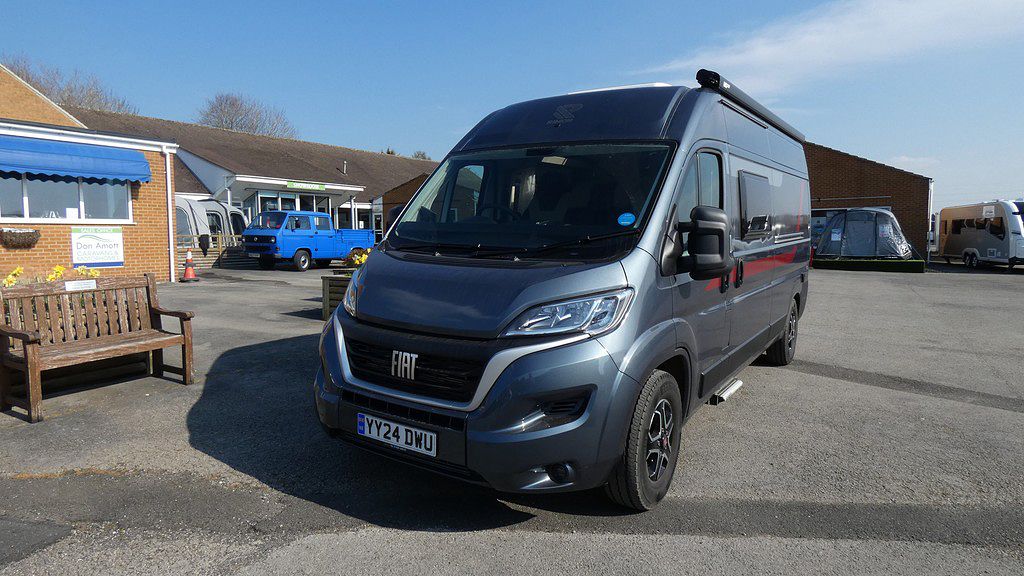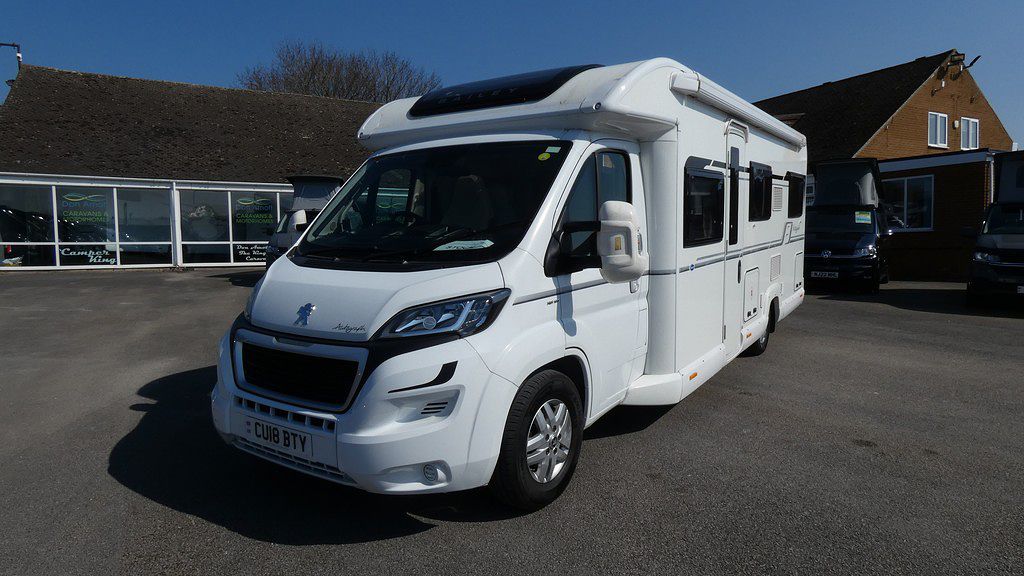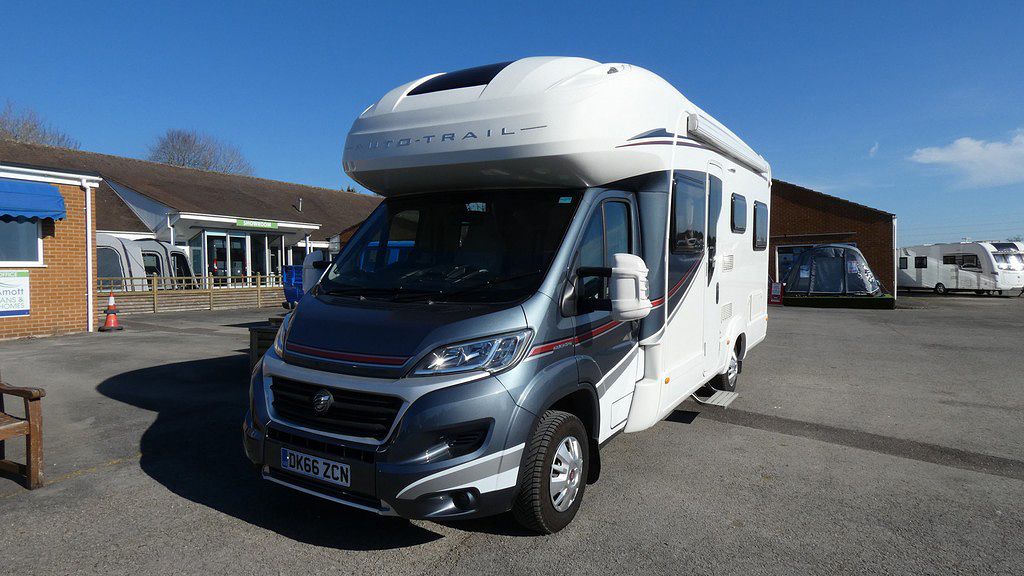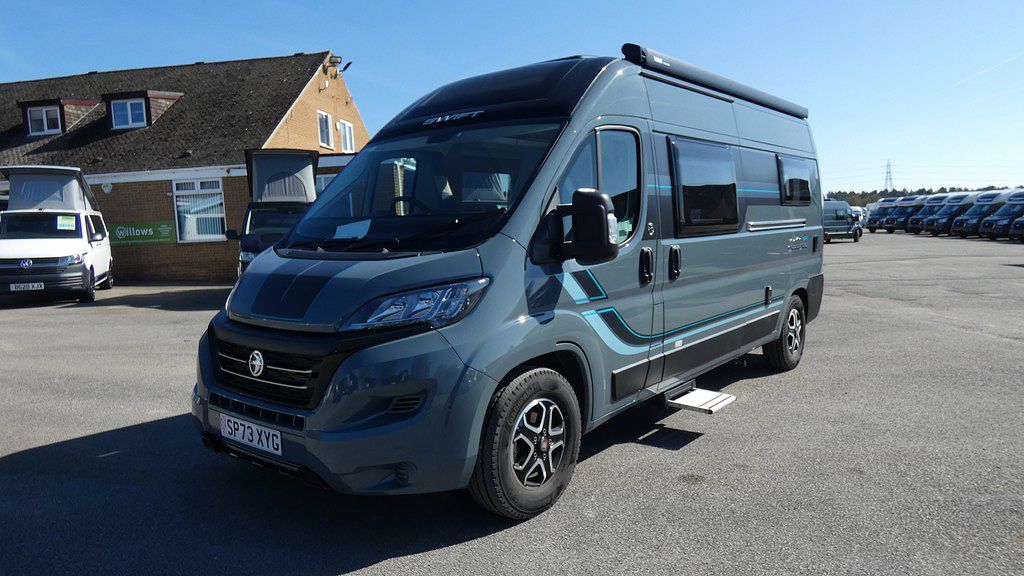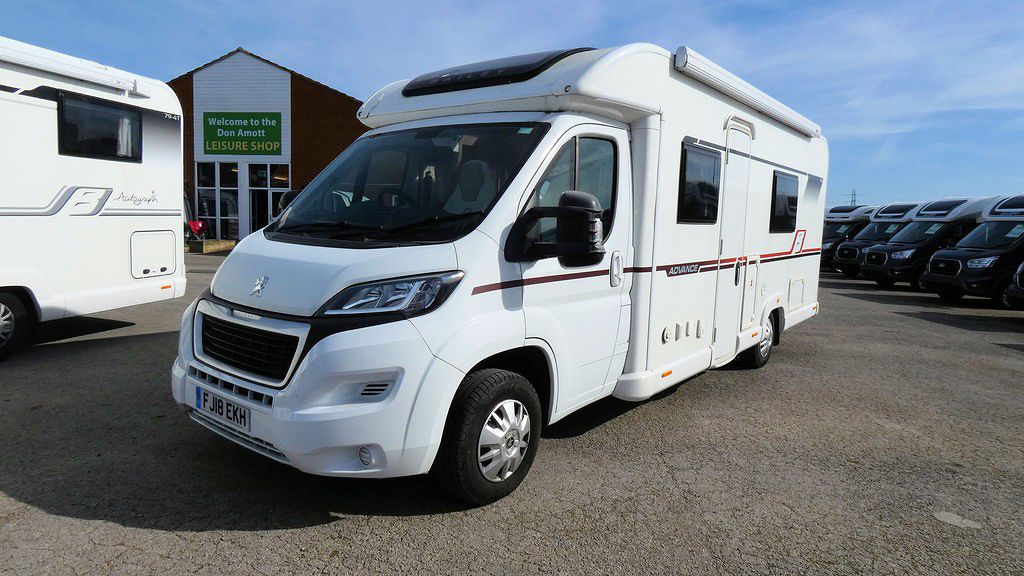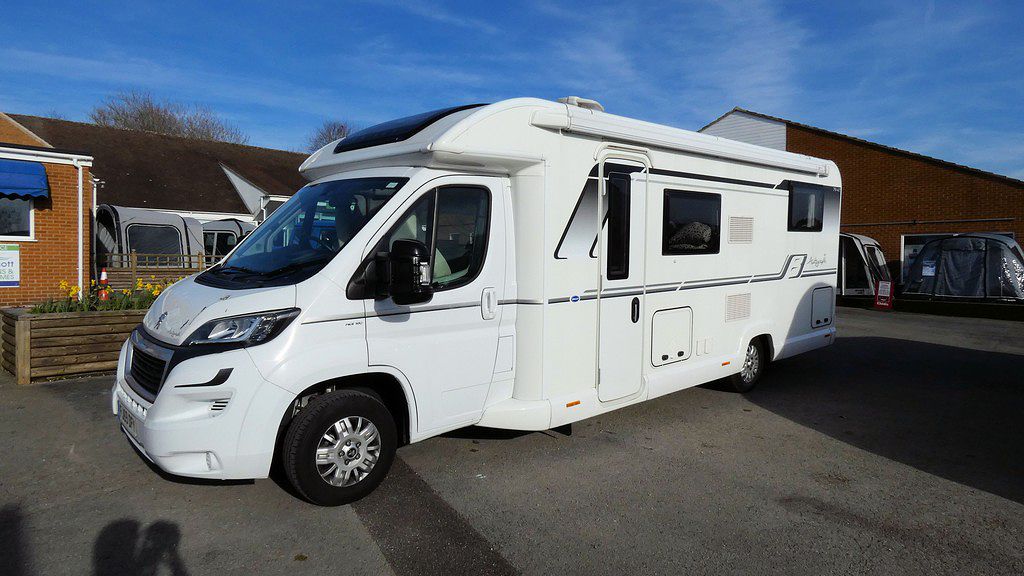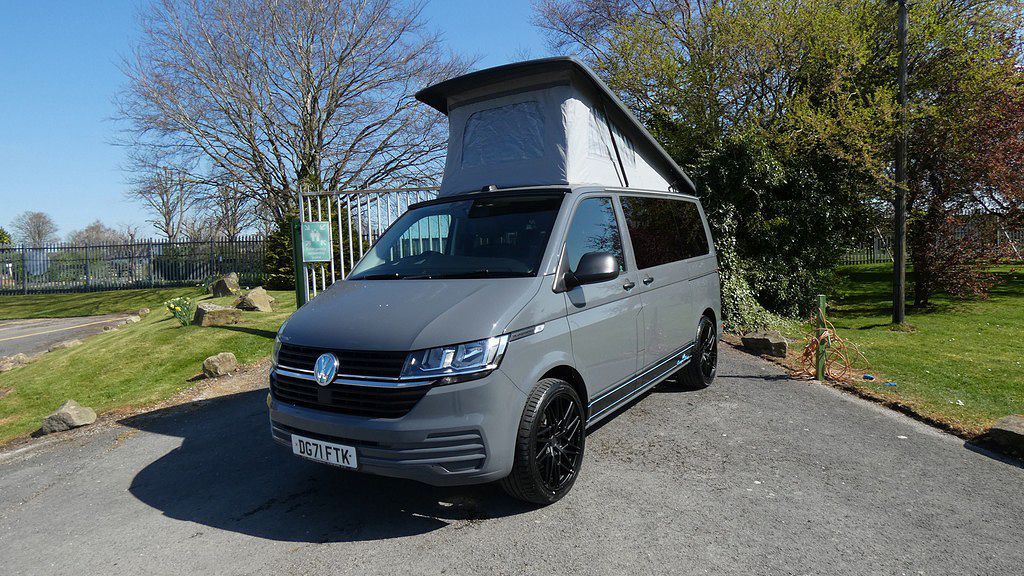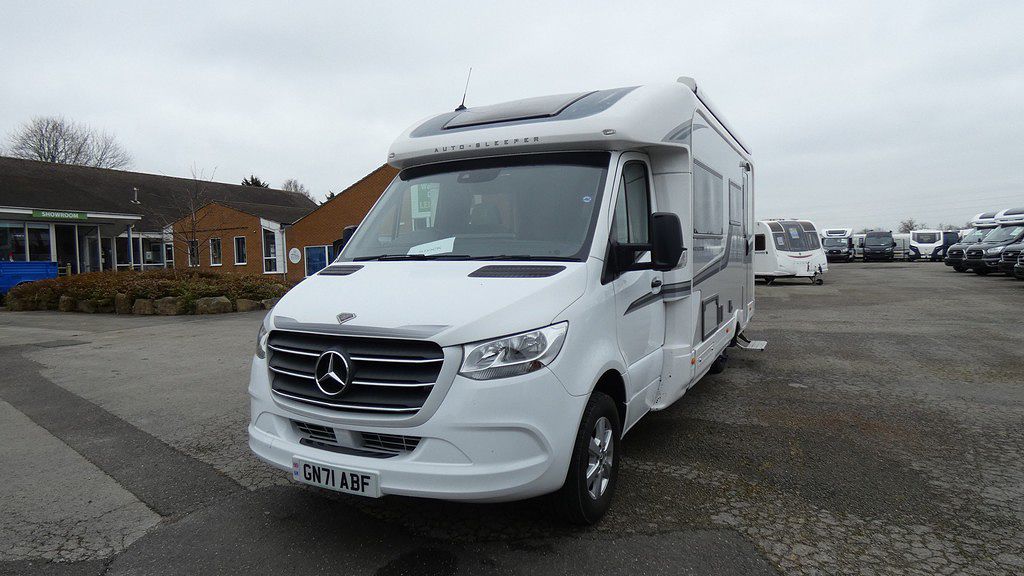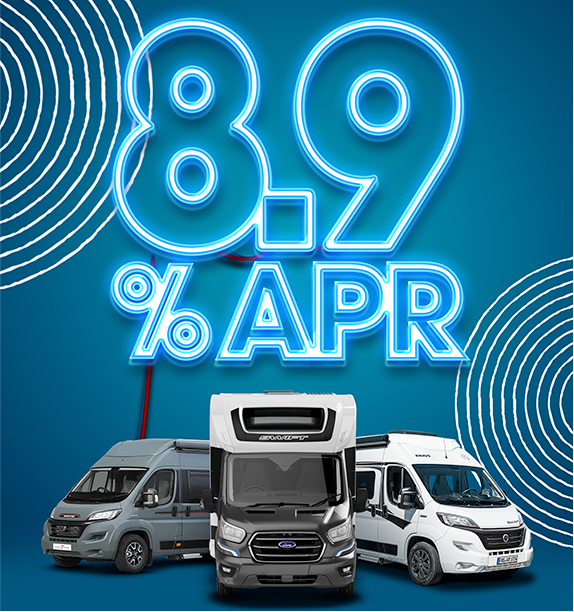Running Costs for New & Used Motorhomes in 2024
3 minutes well spent
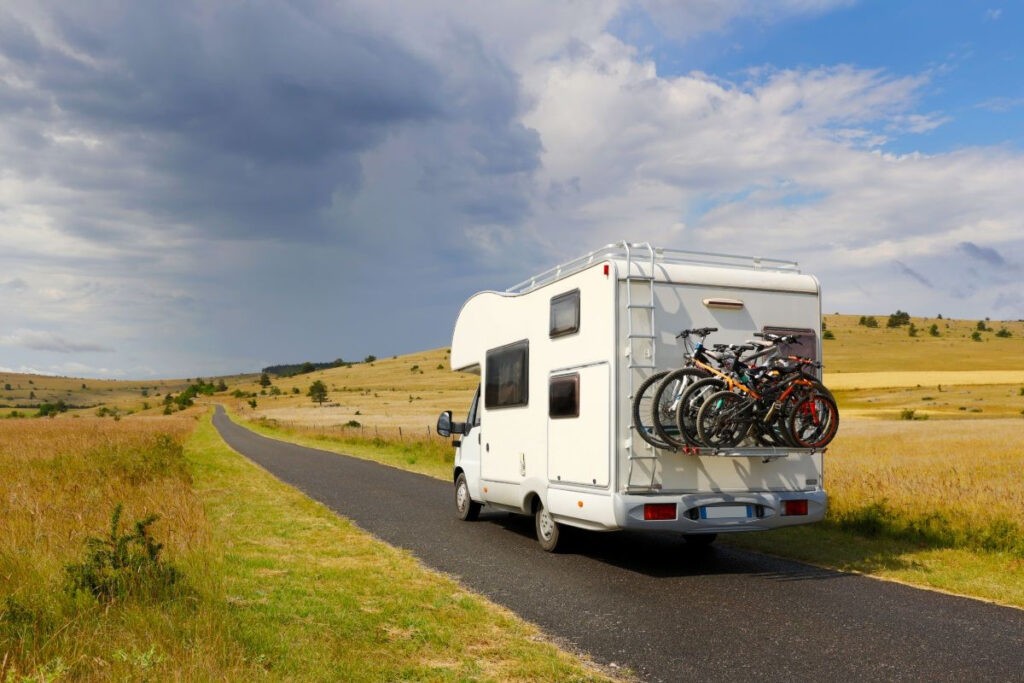
In this article
Look after the pennies, they say, and the pounds will look after themselves.
Keeping track of our spending and putting cost-saving methods into play in an attempt to keep control have become essential in our daily lives. In other words, we’re all busy squeezing as much as we can out of our money by finding less costly ways to do the things we need to do – chief amongst them, heat and eat.
This is a general way of living, at the moment, as people are feeling the squeeze for a variety of reasons and having to be quite frugal. It’s an approach which, when also applied to new motorhomes and used motorhomes, and carefully planned time on the road, you could make for a much cheaper holiday. We’ll come to those in the form of a common-sense list a little later on. But to begin with, what are the ‘motorhome specific’ things you can do to trim a bit off your budget, to conserve some cash…
Fuel and Engine
One of the first things you should do is: research. Although it’s not always practical to do so, you should check out the cost of fuel at all of your local petrol stations if you can. It may be possible to do this by going online. There are some petrol stations out there which have surprisingly lower costs that others. The benefit of accumulated savings gained by opting for a station with cheaper fuel is obvious. Factor in to your calculations the cost of arriving at that station if it is not in your home town or is some distance away. Some petrol stations change their prices throughout the week, so try and work out and follow their trends if you can.
If it is possible to have your motorhome’s engine tuned by a qualified expert, then this could be a way to make a saving. Motorhomes, especially older models with less efficient engines, can gain good fuel efficiency savings from eco tuning. Most tuning offers some increase in power and torque, but the savings will be negligible if you don’t address the way you drive too.
Driving Style
Check tyre pressures are optimal, and reduce the weight the vehicle is carrying, if possible. Excessive speed is wasteful (even slowing down by a few mph is going to save you money) and gentle acceleration is essential to ensure your driving is fuel-efficient. The ideal approach is to drive in the highest-possible gear, at a moderate speed and change up through the gears as quickly as you can, with the lowest revs possible without engine strain. Some motorhomes are fitted with an indicator to show the most efficient gear for the moment. You should avoid heavy braking whenever possible, sit in neutral when idling at traffic lights on red, and when approaching inclines gently increase the speed and ease off while climbing. All of these factors combined will have a positive effect on fuel efficiency.
Out on the Road
There are various things you can do to save money when you are out on the road for any length of time and, as we said at the start of this blog, some of them are transferrable actions from the home environment.
- Use LED lighting
- Keep vents and hatches closed
- Be frugal with your heating system
- Only boil the water you need
- Cook in the motorhome rather than go for meals
- Use a meal planner, only pack the food you’ll need
- Use the oven for the whole meal
- Don’t use the oven for heating the motorhome (though you can open the door after cooking, to let the heat escape)
- Insulate the cab on cold nights
- Use the thermal blinds
- Use extra blankets or use a coat as an extra blanket
- Position a rug on the floor to minimise heat loss
These are examples of ways you can use cumulatively to keep control of your finances while you are out on the road and make savings. Here at Don Amott you will find many new motorhomes and used motorhomes for sale – and we are more than happy to offer you as much advice as we can about your motorhome lifestyle.

